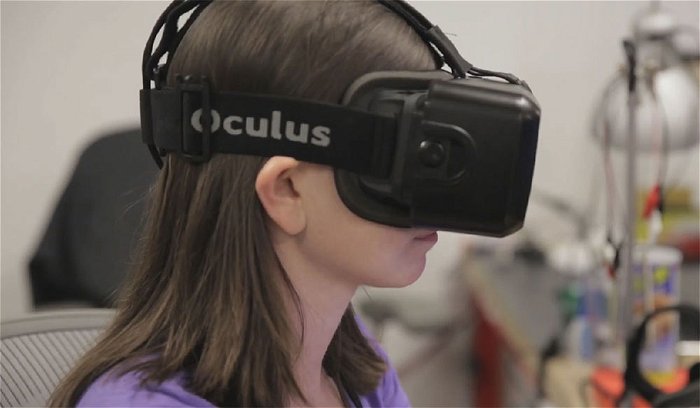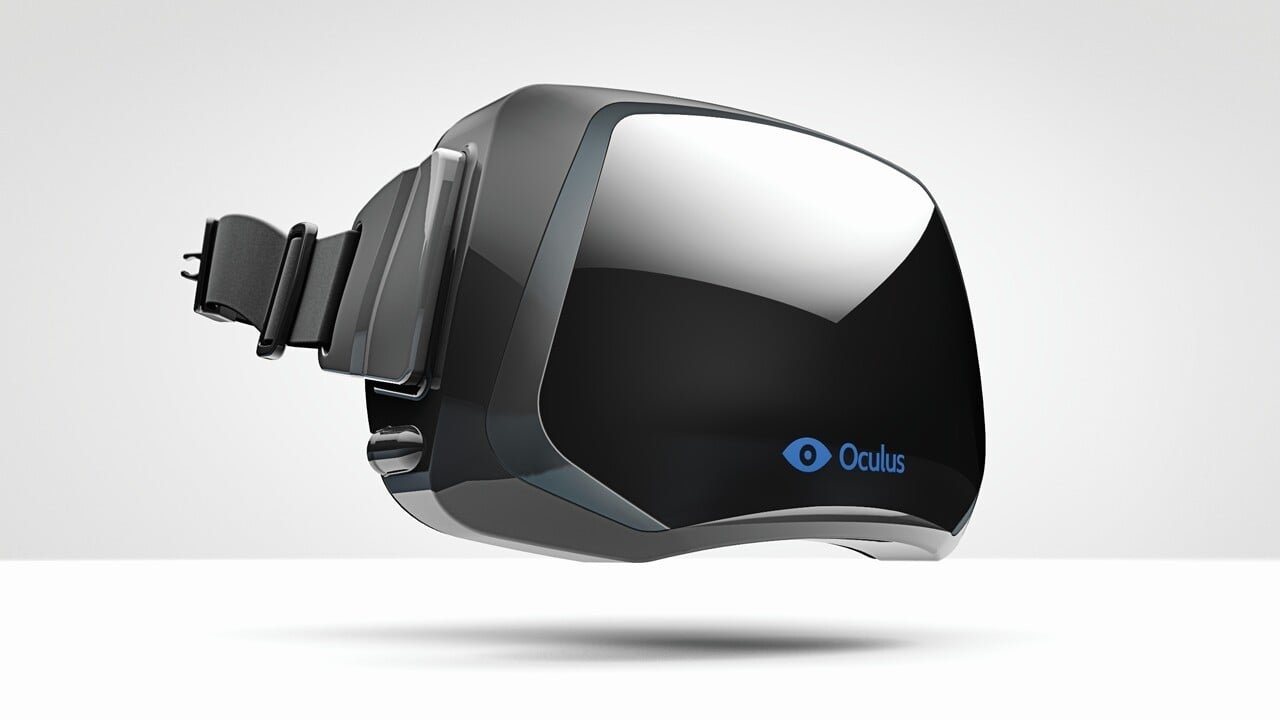The big news this week is the surprise acquisition of Oculus Rift by… Facebook. On one hand, this seems like a baffling move to gamers. On the other hand, it makes a scary kind of sense from the perspective of Facebook. It also has many implications for the direction of virtual reality in the near future.
Up until this announcement, it looked like VR was going to go in two directions thanks to Sony and an independent Oculus Rift. Sony, being a consumer electronics company with strengths of having film, television, music, gaming and, of course, hardware design, was greeted warmly when they announced “Project Morpheus” last week because everyone knew that they would focus on gaming. Additionally, their hardware/consumer electronics orientation would focus on an affordable, gaming/entertainment related unit that would be more readily accessible the mainstream. The caveat—which everyone expected—was Project Morpheus was going to be part of the PlayStation ecosystem in particular and the Sony Entertainment Network in general. This was going to be a device that was a) primarily aimed at gamers, the chief market of PlayStation, and b) priced at a consumer, retail level.

Oculus, in its former incarnation, was an indie company on a meteoric rise fuelled by goodwill from Kickstarter investors, seed investors, and prominent names in the industry such as John Carmack (now CTO of the company… and Facebook employee…) and “Notch” Persson (creator of Minecraft who donated $10,000 to the original Kickstarter campaign) because they had positioned themselves the first viable pioneer in virtual reality technology. Oculus Rift sold the tech enthusiast market on the idea that they were the “premium” effort. Oculus Rift would be expensive, with better performance, taking full advantage of the most powerful graphics cards available, but more importantly, because of its PC nature, it would be an OPEN platform.
Whereas everything on Project Morpheus would need to be approved, licensed and certified by Sony and their entertainment focus, on Oculus Rift, anything could happen. Virtual tourism, controversial political/social affairs, even pornography and online gambling would have been on the table in an open system. It would be the wild west/early internet, to Sony’s more stringently controlled environment.
All of this has changed, and it now looks like the world of VR is looking at two different online gardens. One is aimed at gamers and thus has to be affordable to gamers. The other will be cheaper still because it needs to be go out to as many people as possible for the benefit of advertisers.

And this is the part that people need to understand. The orientation of VR between Sony and Facebook is dramatically different because their business models are different. Sony sells products to people. Facebook sells people to product marketing. Facebook’s profit lies in its ability to “offer” people to various groups and organizations that want to target their advertising as efficiently as possible.
Right now both Facebook and Oculus are issuing assurances that despite the purchase, nothing is going to change and that Oculus is going to continue in the same direction with the same staff. This, of course, is the same statement made during almost any acquisition, including companies like Activision buying Neversoft (and subsequently taking the Tony Hawk franchise away from them and relegating them to Guitar Hero duty) EA buying Bullfrog (which resulted in the studio eventually shutting down) and Microsoft buying Bungie (whereupon, after a few years, Bungie bought themselves back because the lack of independence grated on them).
The VR space had a “balanced” relationship with Sony pursuing more commercial interests while Oculus Rift, not beholden to shareholders, could pioneer whatever it liked. Now, both companies are oriented towards selling as many units to as many people as possible, and whatever independent spirit Oculus Rift was nurturing is not going to be tolerated in a standard corporate environment such as that of Facebook. Facebook did not buy Oculus Rift out of the goodness of their hearts because they just want to see an upstart, scrappy company succeed. They bought it because they feel they can make money from the company in a way that aligns with their own goals of selling their users to marketing companies for targeted advertising. To believe anything else is to ignore the basis of capitalism. No business makes an expenditure that huge out of sheer philanthropy.
Going forward, there’s still a future for VR. It’s just one that less uncertain, less risk-taking and more commercially predictable now that Oculus Rift is just as concerned with appealing to the lowest common denominator as Sony is.




